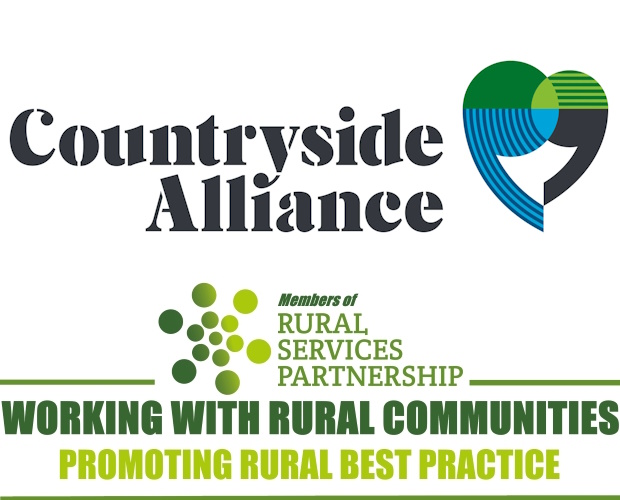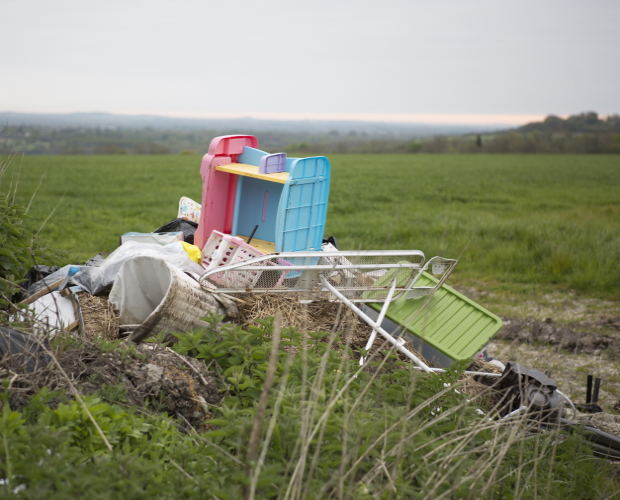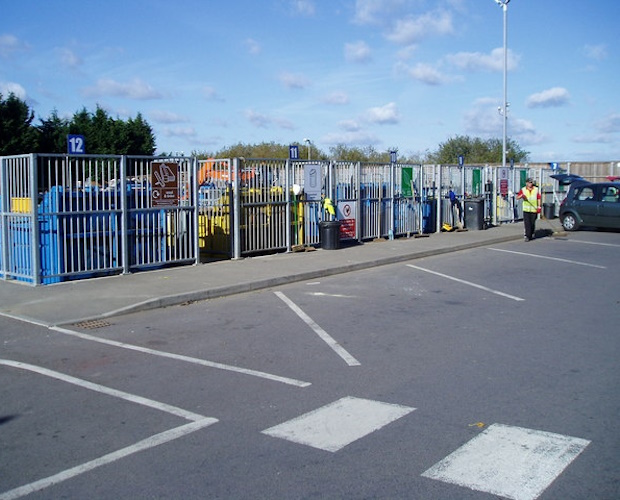T: 01822 851370 E: [email protected]
RSN Voices Serious Concerns Over ‘Fairness’ Of Settlement
Read here...
A recent report published by NFU Mutual provides an in-depth analysis of the latest trends, figures, and strategies to combat rural crime. The full report, which can be accessed HERE highlights the growing sophistication and organisation of rural crime, revealing...
The Rural Services Network highlights critical findings from the Country Land and Business Association (CLA) regarding the state of rural policing in England and Wales. Based on Freedom of Information (FOI) requests submitted by the CLA to 36 police forces,...
Rural crime is one of those issues that cuts right to the heart of rural communities yet fails to make traction in the corridors of power, and still after 12 years of elected Police and Crime Commissioners (PCCs) we seem...
Figures published by the Department for Environment, Food and Rural Affairs show that RSN members North Somerset Council are amongst the top 20 local authorities issuing fixed penalty notices (FPN) for fly-tipping. In 2021/22, they dealt with 1,212 incidents of...
To launch National Rural Crime Action Week 2023, The Countryside Alliance has released the findings of its latest Rural Crime Survey: 97% of respondents said that rural crime was a “significant” issue in their community; 49% did not think...
The Government’s Evaluation Task Force has announced it is extending its deadline to apply for funding totalling more than £50 million. The ETF supports projects which are led by a range of government departments and aim to ‘fill evidence gaps across...
There are fresh concerns that a new ban on charges to dispose of DIY waste in England will push up costs for rural households. Following a consultation, the Government announced that Local Authorities will have to scrap the charges for...
Over the weekend, the Government announced that charges to dispose of DIY waste at household waste recycling centres would be scrapped. Around a third of Local Authorities still charge for the service, which includes costs of up to £10 for...
The National Rural Crime Network will be hosting its first Annual Rural Crime Conference on 27th June 2023. The National Rural Crime Network champions a better understanding of crime in rural areas, and new, effective ways to help to keep...
The Dorset Echo reports how Dorset Police joined with forces with partner agencies from across the South West to come together for the first time to discuss a joint approach to tackling rural crime in the region Senior police...
NEWSLETTER
Sign up to receive all our latest news and updates.
HOT TOPICS
Amid reduced public spending, fair resource allocation across regions is crucial. Despite a population larger than Greater London, rural areas receive significantly less funding for essential services, even though delivering these services in rural areas is more expensive.
Economic growth is widely acknowledged as essential for national wealth and prosperity and is a priority for political parties. Rural economies, employing millions and home to a higher proportion of small businesses, have potential for growth if barriers are removed.
Rural residents face distinct healthcare challenges, including limited access to transport, longer distances to medical facilities, an aging demographic, housing inadequacies, digital connectivity gaps, and difficulties recruiting health and care workers.
Rural communities are grappling with a severe affordable housing crisis, marked by high house prices, a lack of affordable housing, elevated living costs, and lower incomes, threatening their sustainability and vitality.
Transport is vital for the quality of life and economic health of rural areas, yet it faces challenges such as infrequent public bus services and less Government funding compared to urban regions.
Rural areas, encompassing a substantial portion of England's population and land, play a pivotal role in combating climate change and achieving the net zero target.
In an increasingly digital world, the lack of robust digital infrastructure in rural areas severely limits access to crucial services and stifles economic growth.
A future-focused vision for rural communities involves not just building the right homes in the right places but also ensuring thriving, sustainable communities.
SIGN UP TO OUR NEWSLETTER
Sign up to our newsletter to receive all the latest news and updates.








